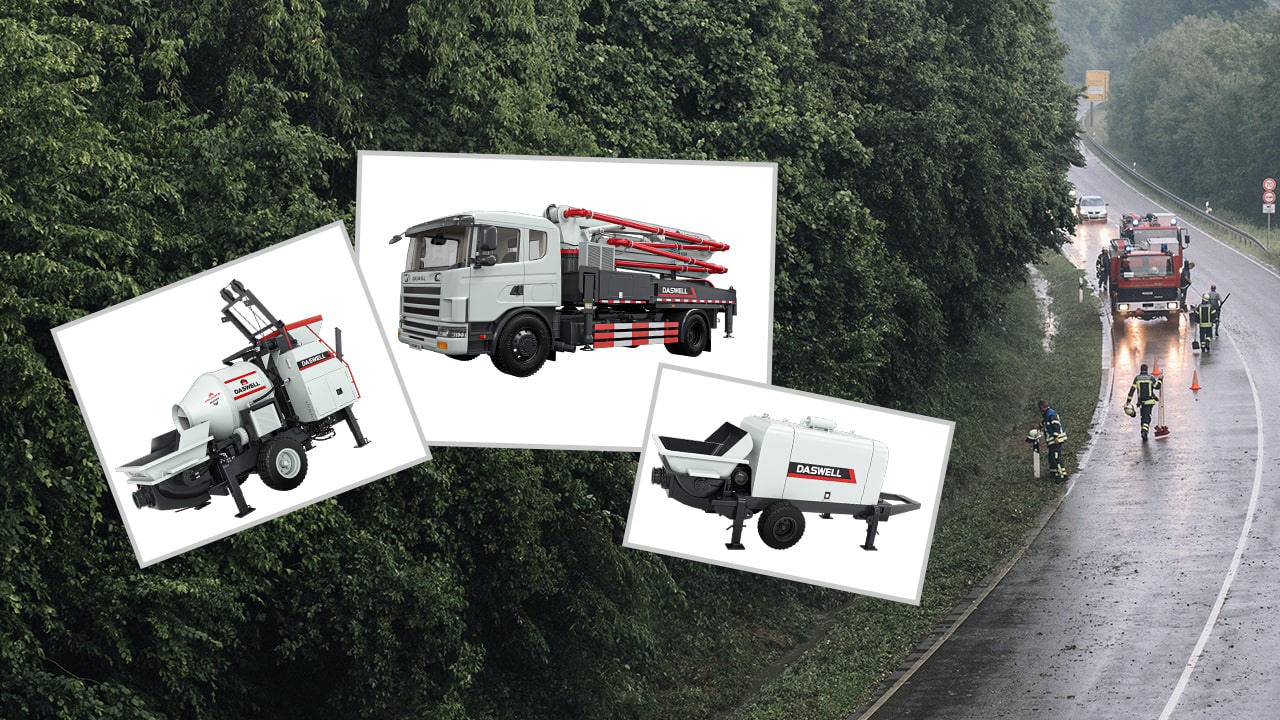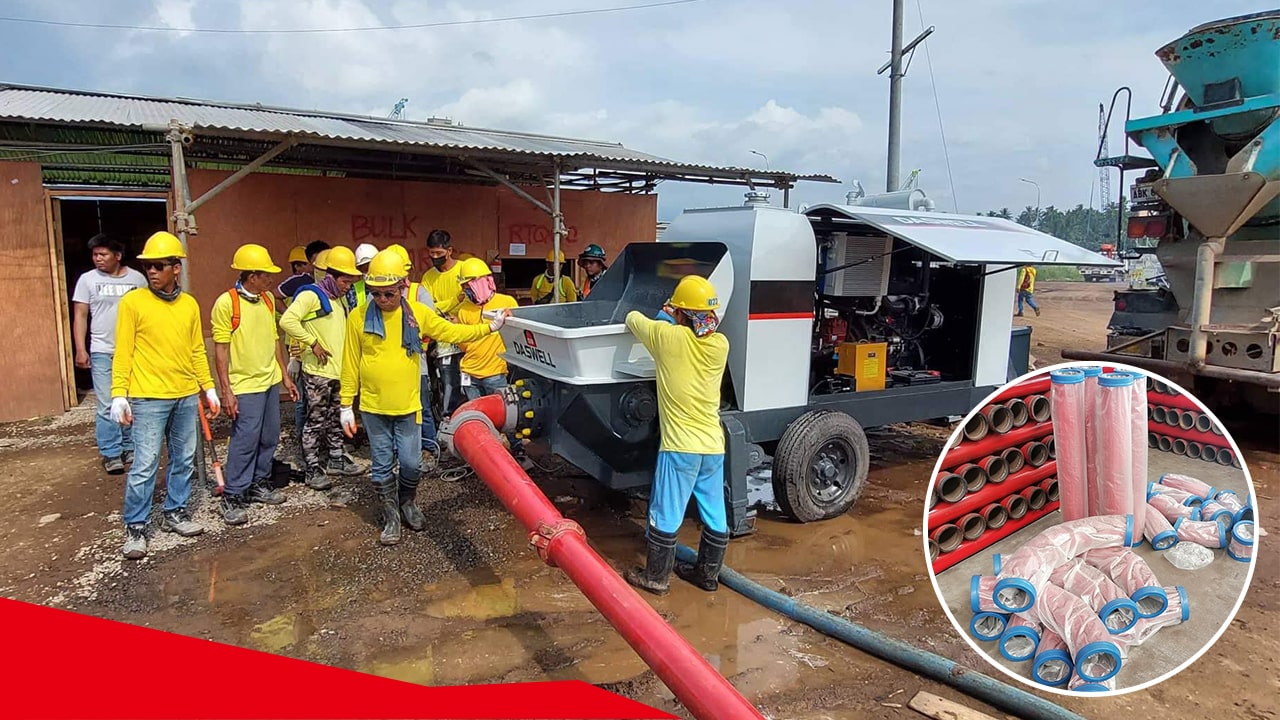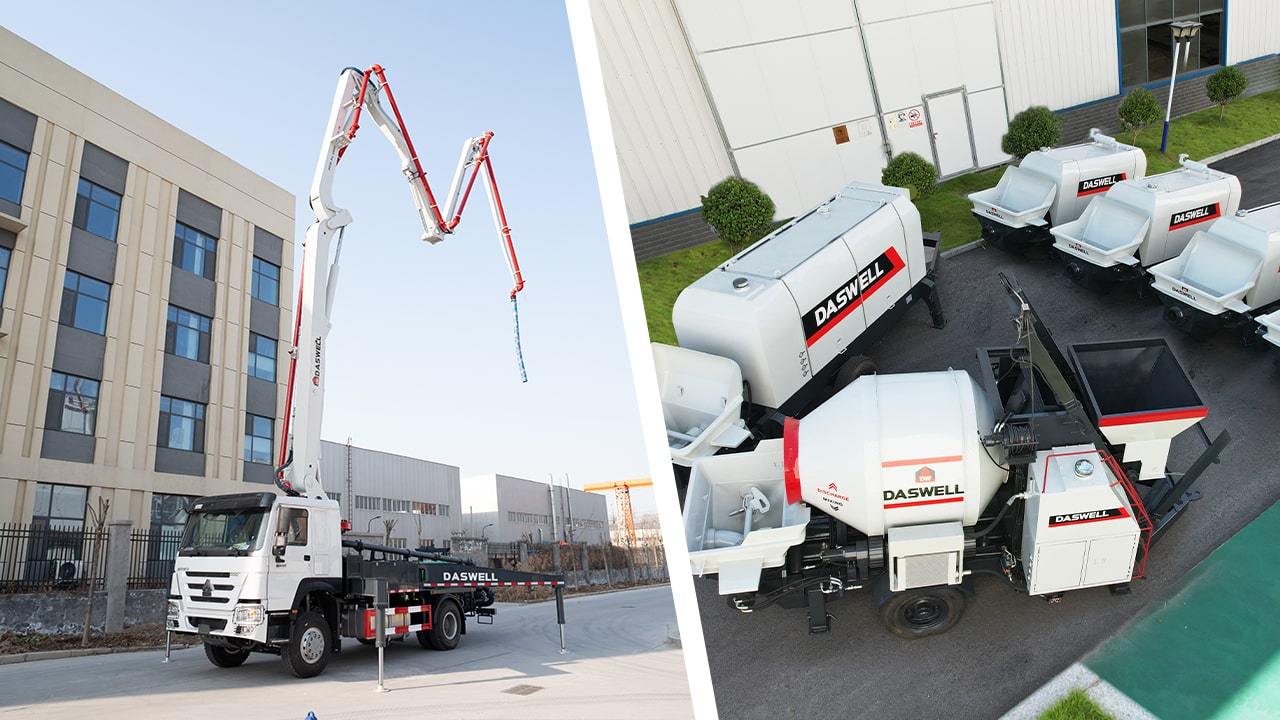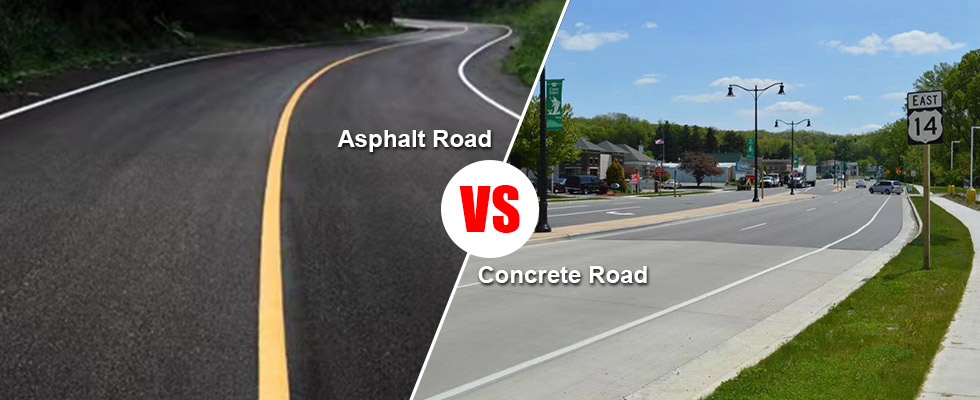Types of Asphalt : How to Choose HMA, WMA, Cold Mix, and Porous
When you think about paving a driveway, parking lot, or road, you probably think of asphalt. Did you know there are various types of asphalt? It is key for you to choose the right kind of asphalt for your project. The asphalt will influence the longevity, performance, and cost-effectiveness. If you choose the wrong asphalt, it may lead to premature cracks, rutting, and expensive repairs down the line.
Here you can learn the most common types of asphalt. You can know their unique compositions, ideal applications, and benefits. By the end, you can make the best decision for your specific needs.
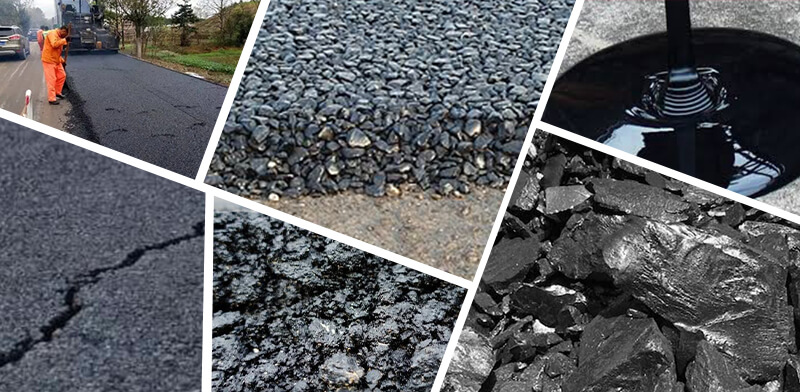
What is Asphalt Made Of?
You may often hear the term “asphalt” used interchangeably with “blacktop” or “pavement.” Technically, asphalt is the sticky, viscous black binder. It holds the mixture together. You can mix this binder with aggregates, which is a combination of crushed stone, sand, gravel, and slag.
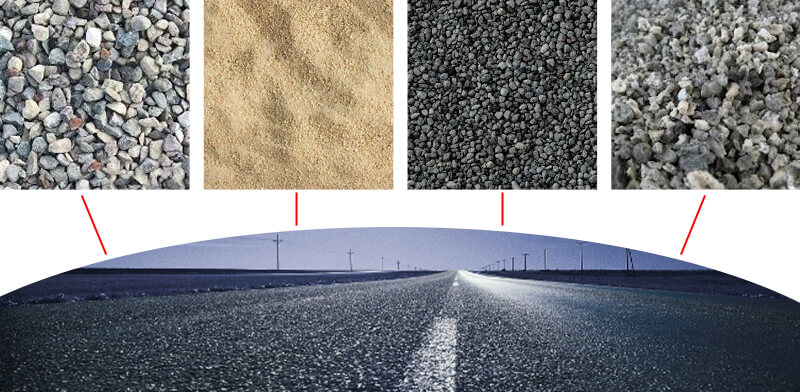
The specific recipe determines the final product’s characteristics. For example, the size and ratio of the aggregates and the grade of the asphalt binder will influence the effect. Here are some common types of asphalt in the market.
Hot Mix Asphalt (HMA): The Industry Standard
Hot Mix Asphalt is the most widely used type for pavement. As the name implies, it is produced and laid at high temperatures. Generally, it is between 300° and 350° Fahrenheit. This heat can make the mixture highly workable and easy to compact before it cools and hardens. It will be an incredibly durable surface.
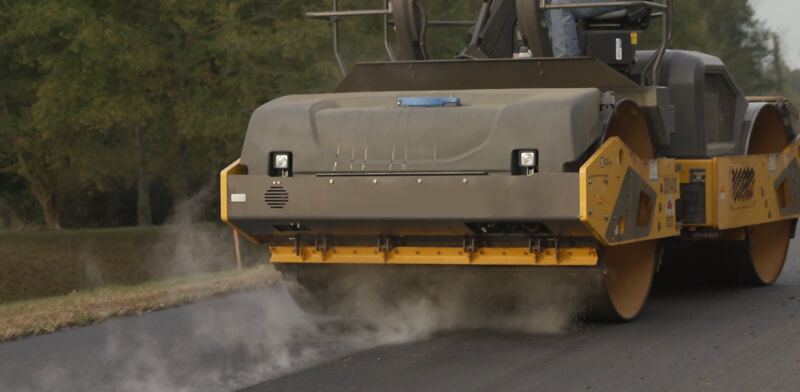
Key characteristics of the HMA
Production Method: it is mainly heated and mixed at a high-temperature plant.
Durability: It has excellent strength and resistance to heavy traffic.
Curing Time: It requires cooling time before you can open it to traffic.
Where you can use the HMA?
This type of asphalt is often used on high-traffic areas, which need maximum durability. This includes highways, major roads, busy intersections, and commercial parking lots. For you reference, if you want to use it for driveways, it is applicable as well. But it is often a premium option for these application above.
Daswell is an experienced asphalt mixing plant supplier. We have both stationary and mobile asphalt mixing plants for you to choose, meeting your various requirements for hot mix asphalt production.
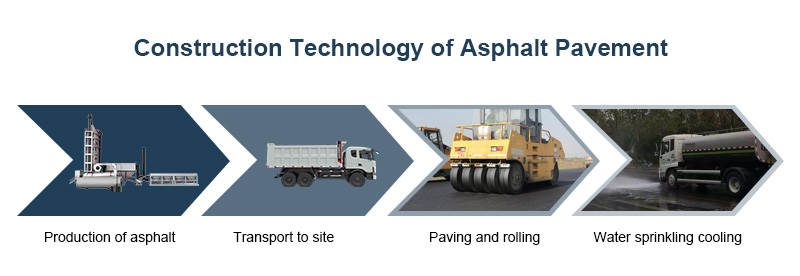
Warm Mix Asphalt (WMA): The Eco-Friendly Innovator
Warm Mix Asphalt is a newer technology. It offers a compelling environmental advantage. This type of asphalt is produced at temperatures 50° to 100° Fahrenheit, which is lower than the HMA. Thus, it is called Warm Mix Asphalt. The manufacturers often use special foaming processes for manufacturing. Besides, they may also use the organic additives for making the asphalt binder less viscous at lower temps.
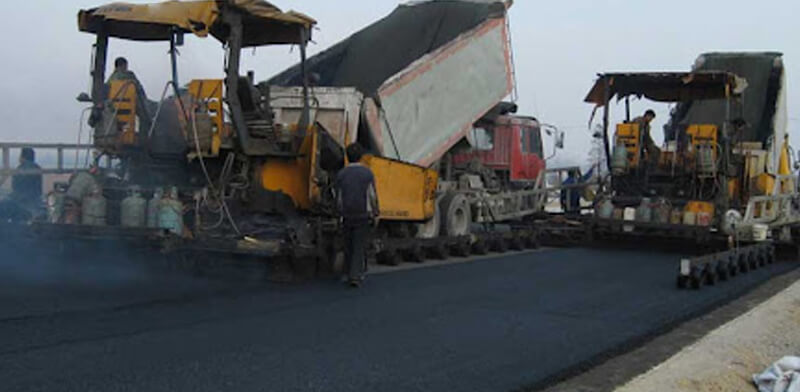
Key characteristics of the WMA
Production method: It is manufactured at a lower production temperature, saving significant energy.
Environmental impact: It can reduce fossil fuel consumption, leading to lower greenhouse gas emissions. Meanwhile, the carbon footprint will be smaller, too.
Workability: It remains workable for a longer time. And the compaction is better, especially in colder weather.
Where you can use the WMA?
The Warm Mix Asphalt has wide applications. You can use it for all the same projects as HMA. Meanwhile, the lower fumes also make the WMA ideal for enclosed paving projects. For instance, you can use it for tunnels or indoor parking garages, where ventilation is a concern.
Cold Mix Asphalt: The Quick and Convenient Fix
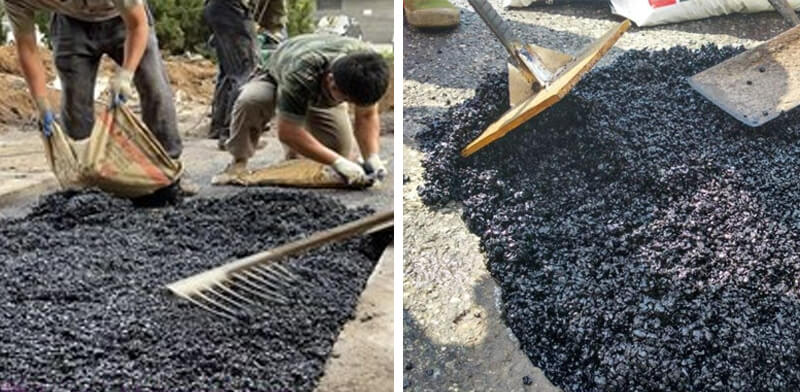
Different from the HMA, the Cold Mix Asphalt is produced and laid without heating. The asphalt is emulsified in water. This allows the asphalt binder to coat the aggregate at room temperature. It is not as strong as HMA or WMA. But it still offers unique advantages for specific situations.
Key Characteristics of the Cold Mix Asphalt
Production method: It do not need heat. It is ready to use straight from the bag.
Convenience: You can store it for months. It is perfect for emergency repairs.
Strength: It is not as structurally string as hot or warm mix. But it still remains pliable.
Where you can use the Cold Mix Asphalt?
The Cold Mix Asphalt is primarily used for temporary patches and repairs. Especially, during colder months, the HMA production plants are closed, the cold mix asphalt is helpful. It is perfect for filling in potholes or repairing utility cuts until a permanent, hot repair can be made.
Porous Asphalt: The Sustainable Solution for Stormwater Management

The porous asphalt is also also permeable asphalt. It is a brilliant solution for managing rainwater runoff. It features a special open-graded deign with fewer fine aggregates. There is a system of interconnected voids that allows water to drain directly through the pavement into a stone recharge bed below.
Key Characteristics of Porous Asphalt
Drainage: It can manages stromwater effectively. And it also reduces runoff, and helps recharge groundwater supplies.
Safety: It can reduce water pooling and spray. This highly improving driving safety in wet conditions.
Installation: It requires a specialized sub-base to hold the filtered water.
Where you can use the Porous Asphalt?
For some low-traffic areas, where drainage is a priority, you can consider porous asphalt. The ideal applications include residential driveways, walking paths, overflow parking lots, and green infrastructure projects like rain gardens.
| Type of Asphalt | Key Characteristics | Ideal Applications | Key Benefits |
|---|---|---|---|
| Hot Mix Asphalt (HMA) | Produced at 300°–350°F; requires cooling; highly durable. | Highways, major roads, commercial parking lots. | Maximum strength; resistant to heavy traffic. |
| Warm Mix Asphalt (WMA) | Produced 50°–100°F lower than HMA; uses foaming/additives. | Same as HMA; ideal for tunnels/garages due to low fumes. | Lower energy use; reduced emissions; better compaction in cold weather. |
| Cold Mix Asphalt | No heat needed; emulsified binder; stored for months. | Emergency pothole/utility cut repairs; temporary fixes. | Convenient; workable in cold weather; quick application. |
| Porous Asphalt | Open-graded design; allows water drainage to sub-base. | Driveways, paths, overflow lots; areas requiring stormwater management. | Reduces runoff; improves wet weather safety; recharges groundwater. |
Tips for you to choose suitable asphalt type for your project
These are four types of asphalt for common use: Hot Mix Asphalt, Warm Mix Asphalt, Cold Mix Asphalt, and Porous Asphalt. For your projects selection, there are some key questions for your reference.
- What is the excepted traffic volume and weight?
- What is my local climate?
- What is my budget?
- Are there specific environmental goals?
- Is this a new construction or a repair?
Knowing these answers, you can know the asphalt you need. And this can make sure the material you choose delivers the performance, longevity, and value you expect, protecting your investment for years to come.

